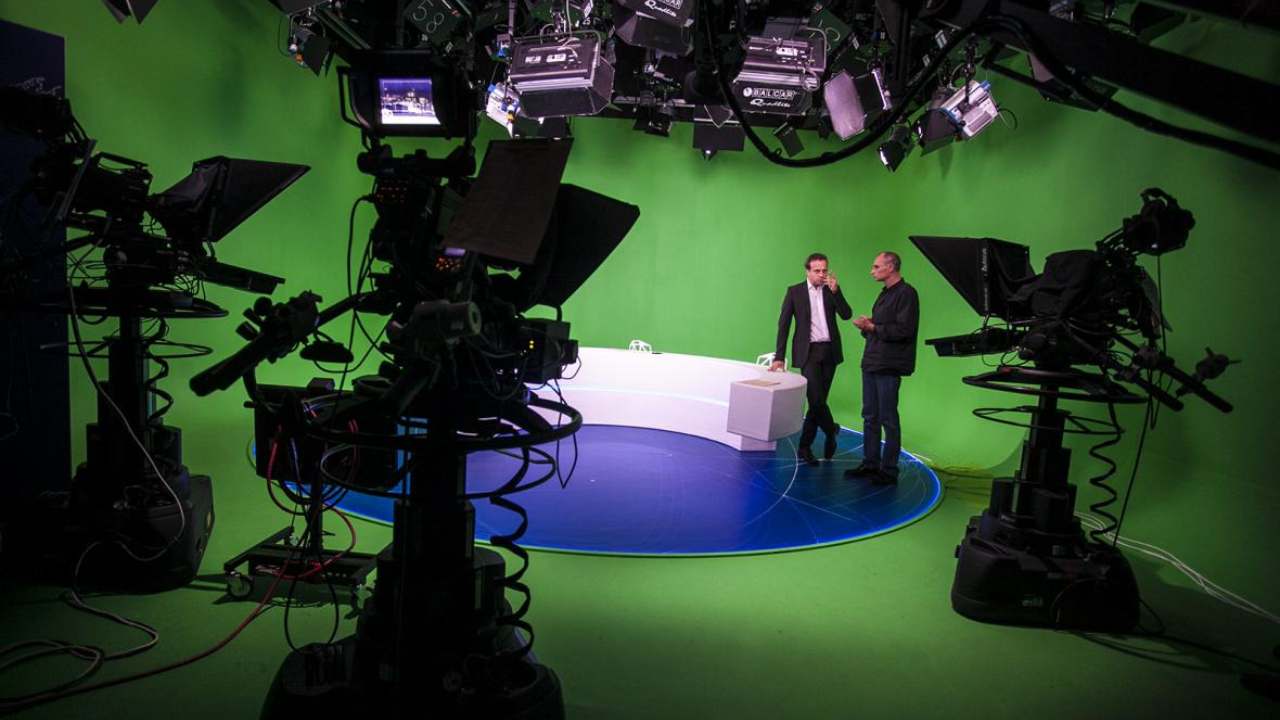
Czech parliament approves key media law changes amid controversy
The lower house of the Czech Parliament has approved significant changes to the laws governing Czech Television and Czech Radio, despite considerable controversy. The amendments, which will come into force this autumn, will involve the Senate in the election of members of the Czech Television and Czech Radio Councils and expand the Czech Television Council from 15 to 18 members.
The new legislation was supported by 87 MPs and opposed by 70. Members of the ANO party and the Party of Freedom and Direct Democracy (SPD) were particularly vocal in their criticism, arguing that the government was trying to bring Czech Television under its control.
"This government coalition led by Petr Fiala (ODS) wants to politically dominate the public media and misuse the licence fees paid by citizens for political gain. It's the beginning of a new form of totalitarianism under the guise of Fiala's government," commented SPD leader Tomio Okamura.
Culture minister Martin Baxa (ODS), on the other hand, insisted that the Senate's involvement in the election of media councils would create a greater obstacle for any political representation trying to influence the operation of public media.
The "minor" amendment, one of the key pieces of legislation the coalition government wanted to push through, focuses only on the councils. It doesn't deal with the funding of public service media, which is likely to be covered by a "major" amendment expected later this year.
The law introduces stricter conditions for nominating members of the Czech Television and Czech Radio Councils: only organisations, associations and institutions that exist for at least 10 years will be able to submit nominations. A simple majority will be required to elect a director general instead of the current two-thirds majority, which will still be required to dismiss a director.
The opposition blocked the bill in parliament for months, but failed to reject it. The government finally negotiated with the opposition ANO movement to postpone the law's entry into force until 1 October, after the election of the director general of Czech Television, scheduled for 7 June.
The law now awaits further debate in the Senate and the approval of the president.

